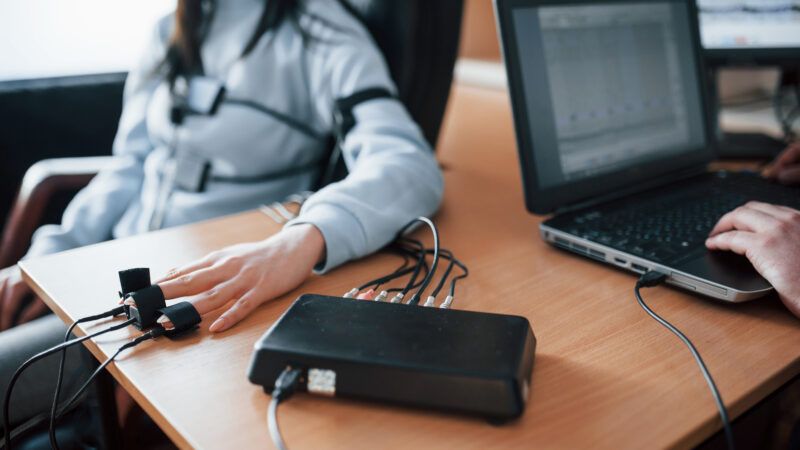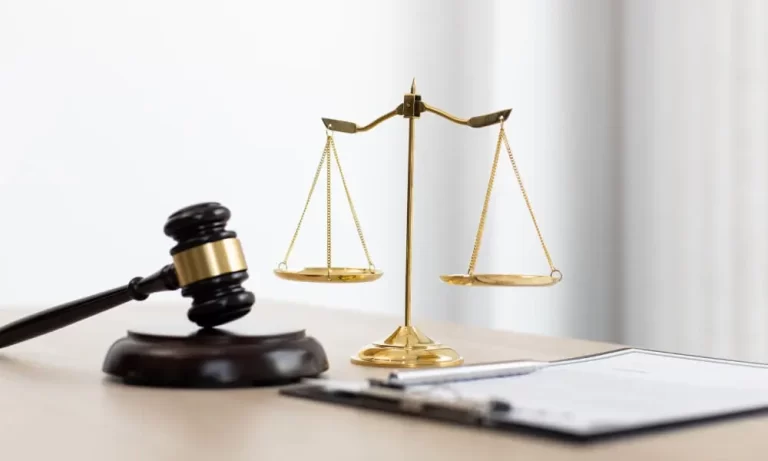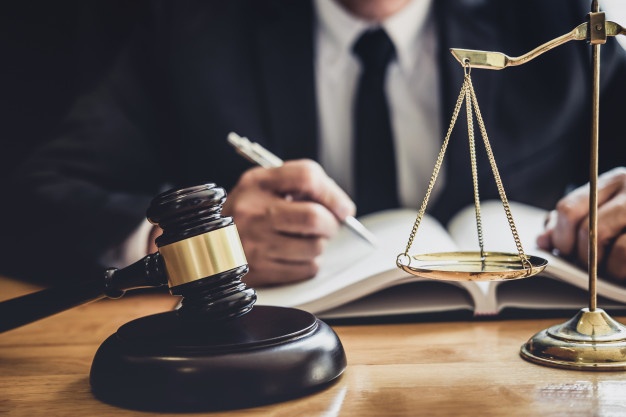
A Polygraph training program is a basic device for professionals engaged with crime prevention and examinations. Frequently alluded to as lie recognition, polygraphy includes estimating physiological reactions to decide if an individual is being honest. While questionable, when utilized accurately, polygraphs can give significant bits of knowledge and improve crime prevention endeavors.
Understanding the Polygraph
A polygraph estimates physiological reactions, for example, pulse, circulatory strain, respiratory rate, and galvanic skin reaction. The hidden rule is that misleading ways of behaving may set off physiological changes, which are recognized and recorded by the polygraph machine. Training professionals in polygraphy includes understanding these physiological reactions and how they connect with honesty.
Comprehensive Training Programs
Viable polygraph training programs are fundamental for precise and dependable outcomes. These projects normally cover hypothetical information, useful abilities, and moral contemplations. Training likewise stresses the significance of keeping up with unbiasedness and avoiding inclinations during the assessment cycle.
Techniques for Accurate Polygraph Testing
Pre-Test Interview:
A pivotal part of polygraph testing is the pre-test interview. This stage includes meeting the subject to lay out a gauge and figure out the setting of the inquiries. Professionals are prepared to pose unconditional inquiries and assemble compatibility with the subject to guarantee precise and dependable outcomes.
Question Formulation:
The definition of inquiries is urgent in polygraph testing. Questions should be clear, explicit, and applicable to the issue being examined. Professionals are prepared to abstain from driving or vague inquiries, as these can influence the precision of the outcomes.
Data Analysis:
Deciphering polygraph information requires a profound comprehension of physiological reactions. Professionals are prepared to break down examples and deviations in the information, taking into account factors like the subject’s gauge reactions and the setting of the inquiries.

Post-Test Interview:
After the polygraph test, a post-test interview explains any irregularities and accumulates extra data. This stage gives an open door to the subject to make sense of any physiological reactions that might have been deciphered as tricky.
Ethical Considerations
Ethics play a vital part in polygraph training. Professionals should comply with severe moral rules to guarantee the exactness and reasonableness of the testing system. This incorporates acquiring informed consent, keeping up with secrecy, and utilizing polygraph results mindfully. Abuse or error of polygraph information can have serious results, making moral training a basic piece of expert turn of events.
Taking everything into account, thePolygraph training program for crime prevention includes dominating techniques for precise testing, complying with moral rules, and incorporating polygraph results with other insightful strategies. By utilizing these strategies, professionals can upgrade their capacity to identify duplicity and add to compelling crime prevention endeavors.







